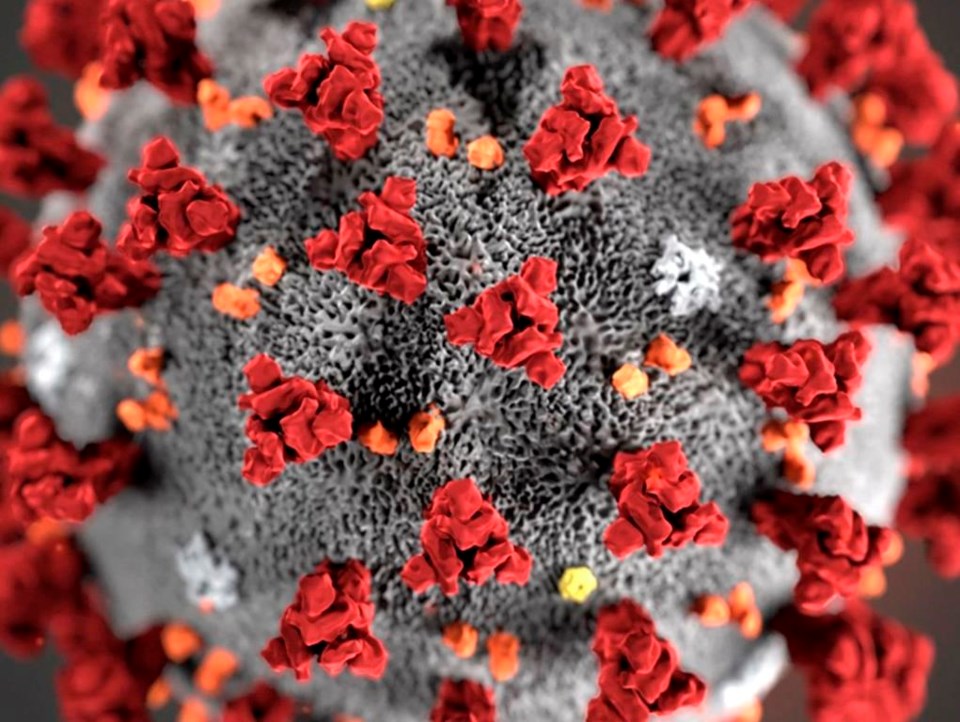TORONTO — Hospitals in Ontario are in talks with the government on ways to increase capacity as the province battles a second wave of COVID-19, while they continue to press for stricter measures to curb the spread of the virus.
The president of the Ontario Hospital Association said some of the options being considered include setting up field hospitals, using hotel rooms for patients and taking over space in long-term care homes.
Anthony Dale said hospitalizations related to COVID-19 have been creeping up and the government needs to take preventative action.
Hospitals are anchoring Ontario's pandemic response, he said, from running assessment centres, processing tests and helping manage some long-term care homes while meeting their own obligations, he added.
"In a surge of any significance, it's very difficult to see how hospitals are able to perform all those duties," Dale said. "And that's at the heart of the risk."
Early last week, the OHA asked the government to move COVID-19 hot spots back to Stage Two of the province’s pandemic response, which saw restrictions on non-essential businesses like restaurants, gyms, and movie theatres.
Dale said many of the ongoing conversations with the government revolve around the need to take further public health measures to prevent increasing case rates that could overwhelm hospital capacity.
"At the heart of these discussions are ... preventing community spread with new public health measures and making sure as a contingency that there's flexibility in the event of a surge," he said.
Dale said Ontario's hospitals are efficient facilities and have much less capacity than their counterparts in the United States and many other countries. That means provincial hospitals, which are already at or nearing capacity in some of regions, are especially susceptible to being overwhelmed, he added.
"We're in a tense situation right now," he said.
Ontario reported 797 new COVID-19 cases on Thursday, most of them reported in the Greater Toronto Area and Ottawa.
Dr. David Williams, the province's chief medical officer of health, said 206 hospitalizations were reported Thursday, up from 162 last week.
"Some will say those are still small numbers. It's just the start of the curve rising up," said Williams. "The alarm bells are ringing louder and louder."
Premier Doug Ford has been reluctant to impose more restrictive measures that he fears would devastate the impacted businesses. But Health Minister Christine Elliott says the government is discussing hospital capacity challenges with the association and hasn't ruled out taking additional action, including targeted shutdowns.
"We're looking at the entire picture," Elliott said. "We know they're concerned and so we are looking at expanding the capacity."
Elliott said the government has already committed $283 million to help hospitals clear a backlog of surgeries that built up during the first wave of the pandemic and further action is being contemplated.
"We're going to be ready for a worst case scenario because we have to prepare for that," she said. "But we also need to take every precaution that we can so that that doesn't happen."
Canada's chief public health officer said Thursday she too was concerned about hospital capacity in Ontario. Dr. Theresa Tam said the second wave of COVID-19 was showing up in Canada as a series of regional epidemics and that Ontario and Quebec accounted for 80 per cent of recent new cases.
Williams said additional public health measures have been recommended to the government but would not say what they were or when they would be announced.
Ontario NDP Leader Andrea Horwath said the province isn't doing enough to ensure hospitals won't be overrun if COVID-19 cases continue to increase. While the targeted shutdowns are required in hot spots, so are supports for the affected businesses.
"But the fact that the government's not even prepared to look at that as a way to take the pressure off of the hospital sector is terrifying."
Green party Leader Mike Schreiner said if the government isn't willing to take preventative action now it could lead to problems for the entire province in the future.
"I think the targeted restrictions and closures in hot spots should happen now in order to avoid additional lockdowns," he said.
This report by The Canadian Press was first published Oct. 8, 2020.
Shawn Jeffords, The Canadian Press



